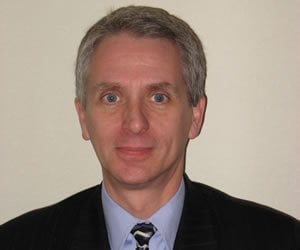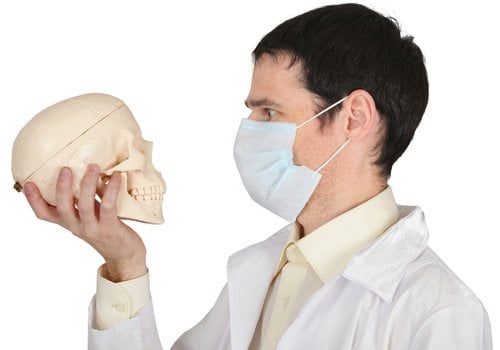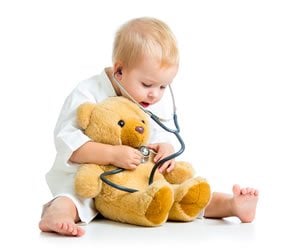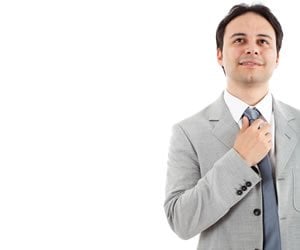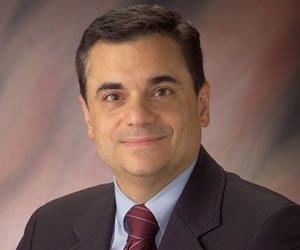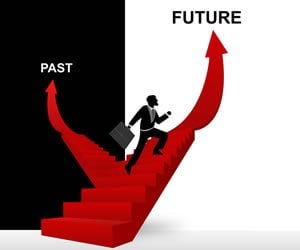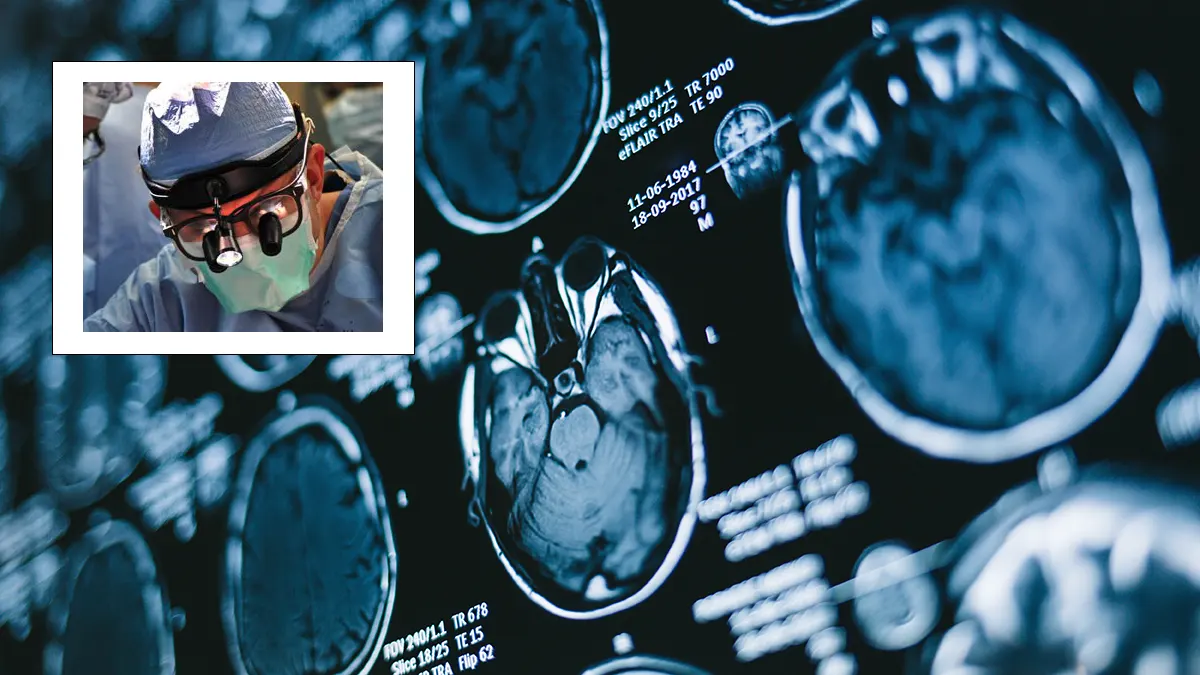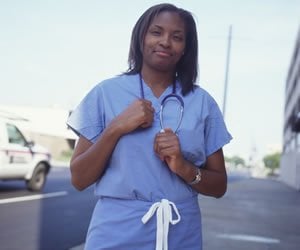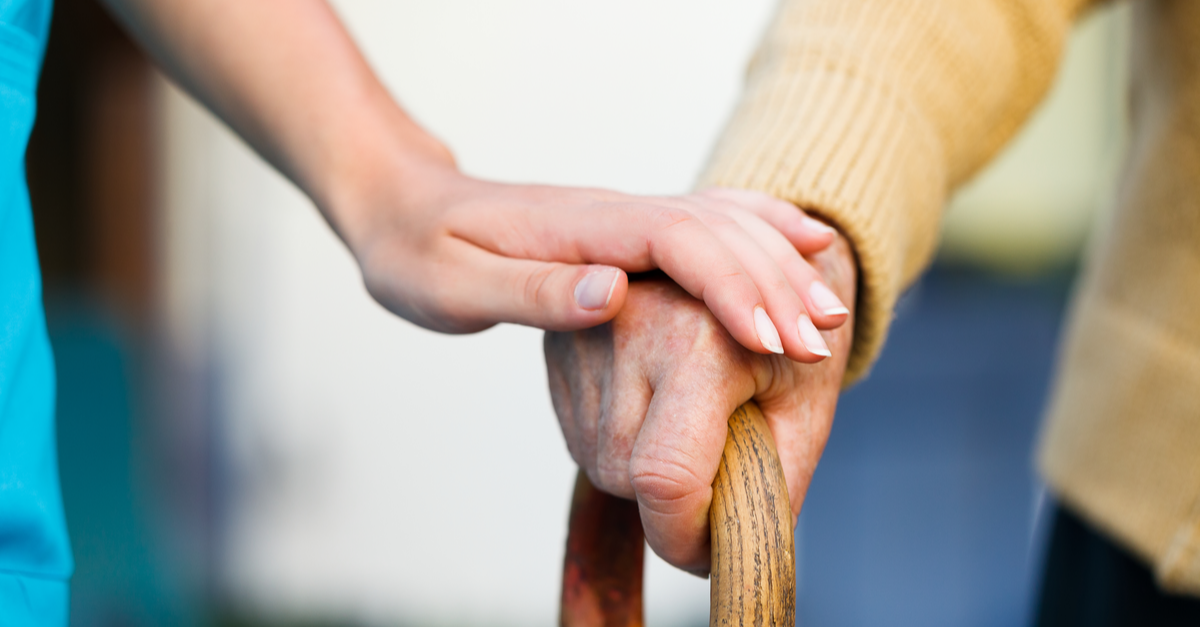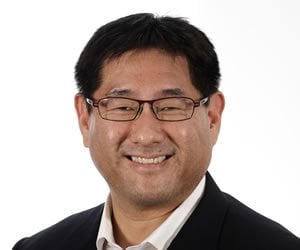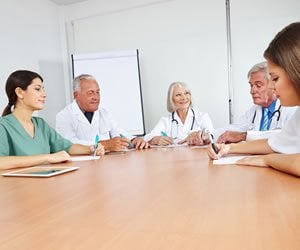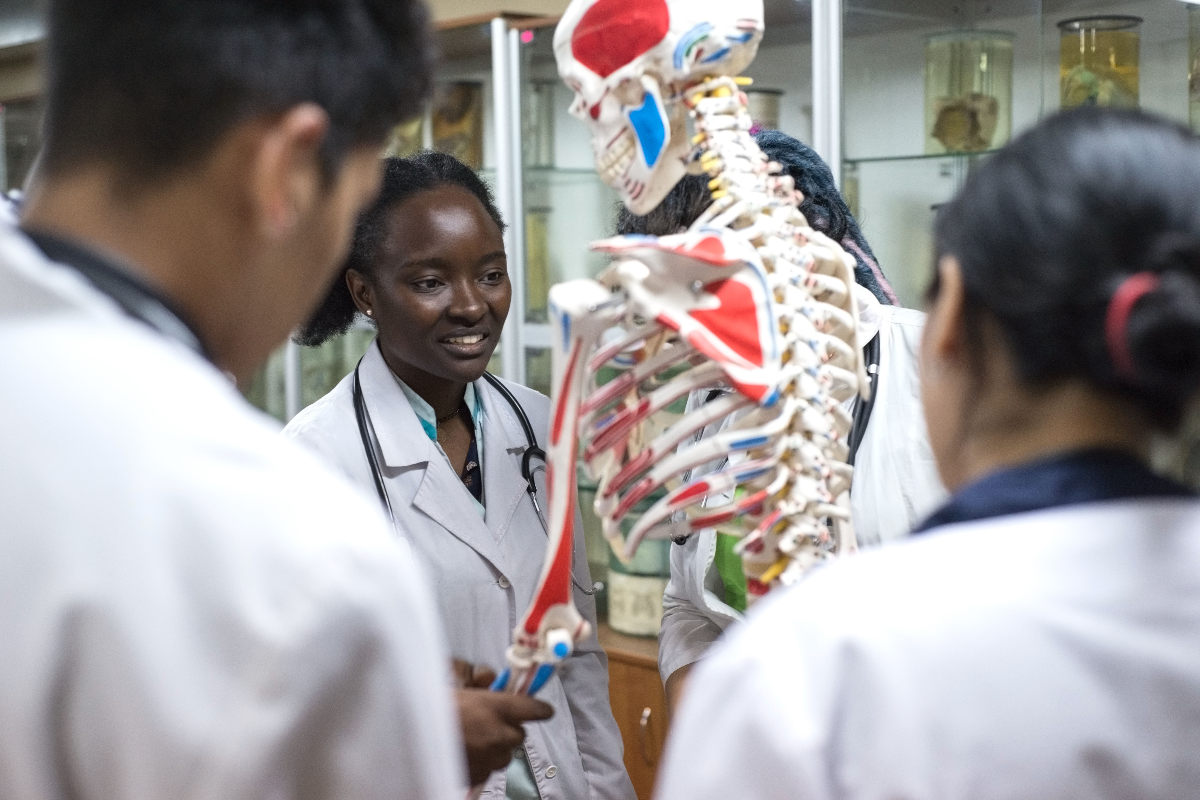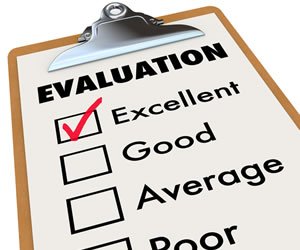Marc F. Stern, MD, MPH, FACP, is a correctional health care consultant in private practice. He received a bachelor’s degree in biology from University at Albany (1975), and started his medical studies at Universitélibre de Bruxelles, facultéde Médecine in Brussels, Belgium, and transferred to University at Buffalo School of Medicine where he received his MD (1982). He completed a one-year residency in internal medicine at University at Buffalo Affiliated Hospitals (1985), and a VA/NIH fellowship in primary care medicine and health services research at Regenstrief Institute in Indiana and Richard L. Roudebush Veterans Administration Medical Center (1992). Dr. Stern received his MPH from Indiana University School of Public Health in Bloomington (1992).
feature article
9 Things to Do Before Applying to Medical School
Think about including these steps in your path to medical school:
1. Work or volunteer in the medical field. Working or volunteering in a health care-related environment or organization will not only enhance your medical school application, it will benefit you. It’s a chance to see if you enjoy working in the health or medical field, network with like-minded peers, take on increased responsibility and leadership roles, and build your resume.
Consider internships and research opportunities at health care facilities or research institutions in your local community. Shadowing a doctor or health professional is another good way to find out if a career in medicine is right for you. Research and leadership positions on campus are also a great way to build your application and test out this career path.
Get Medical Experience
Three Tips to be an All Star First Year Medical Student
1. You need to view the process of learning differently. One of the biggest challenges to starting medical school is the paradigm shift that must occur from your studies as an undergraduate student. Though many of you may not go directly to medical school from undergrad – the average age of matriculating medical students is around 24 – you may still be holding onto your study habits from your college days.
How to Not Get Into Medical School
As an undergraduate student, I wanted to know how to get into medical school, and I wanted it straight from the source: the medical students. I figured that because they got in, they must have it figured out.
Then I got accepted into medical school and realized the truth. While there are some real lessons to learn to be more successful, medical school admissions can be a pretty arbitrary process. It’s actually more of a crap shoot than you would like to think. I gave myself less than a 1% chance of getting in to my current school, yet here I am. My state school, where I considered myself very competitive (higher than average stats, etc) didn’t even put me on their waitlist. Why? No clue.
Six Things to Remember While Parenting in Medical School
Some advice to help you be both a professional student and the best parent you can be.
What You Should Know Before Your First Interview
This article is reprinted with permission from the American Student Dental Association. It originally appeared in the February 2014 issue of ASDA News.

Interviewing is a stressful experience. Knowing some typical interview formats and the expectations of your interviewer can help put your mind at ease while pursuing acceptance into dental school.
20 Questions: Ross D. Zafonte, DO, Physical Medicine and Rehabilitation
Ross D. Zafonte, DO, is Earle P. and Ida S. Charlton professor and chairman of the Department of Physical Medicine and Rehabilitation at Harvard Medical School. He also serves as chief of physical medicine and rehabilitation at Massachusetts General Hospital, as well as vice president of medical affairs research and education at Spaulding Rehabilitation Network. Zafonte received his bachelor’s degree in psychology and biochemistry from University of Georgia (1981) and his DO from Nova Southeastern University College of Osteopathic Medicine (1985). He completed a one-year internship at Henry Ford Bi-County Hospital, followed by a residency in rehabilitation medicine at Mount Sinai School of Medicine, where he was also chief resident. Dr. Zafonte was a program fellow in research enrichment at the National Institute on Disability and Rehabilitation.
Dr. Zafonte has been on faculty at Thomas Jefferson University, University of Missouri, Wayne State University, and University of Pittsburgh. He has published extensively, authoring more than 250 peer review journal articles, abstracts and book chapters. His work can be found in Brain Imaging and Behavior, Critical Care Medicine, Journal of Burn Care & Research, Journal of the American Medical Association, PM&R, Archives of Physical Medicine & Rehabilitation, and Movement Disorders. Dr. Zafonte serves on the Board of Governors for the International Brain Injury Association, as well as the American Congress of Rehabilitation Medicine.
Searching for Your Dumbledore: Finding a Mentor
Where would Harry be without Dumbledore? We all need mentors, and they can be critical throughout your career development. Whether you are an undergraduate thinking about applying to graduate or professional school, a medical student wading through residency options or a post-doc looking for faculty positions, the relationships you develop with your mentors can be invaluable. Mentors can give advice, provide encouragement or a reality check, offer insight from their experience, and expand your network by connecting you with their own friends and colleagues. The ideal mentoring relationship is one that evolves over time where the mentor takes a genuine interest in the success of the mentee. We all recognize that mentors are important. But how do you find them? And, once you have, how do you nurture the relationship so it can thrive?
Post Undergrad: Getting Ready for Medical School or a Gap Year
For many students interested in a career in medicine, the period after the final year of undergraduate education represents a time of transition to medical school or to furthering their experiences and their education in preparation for applying to medical school. This month’s article from the Association of American Medical Colleges (AAMC) focuses on those two pathways.
20 Questions: Brian Walcott, MD, Neurosurgery
Brian Walcott shares his thoughts on neurosurgery and research and offers some advice for students.
The National Health Service Corps: Cutting Student Debt and Promoting Primary Care
The National Health Service Corps creates a win-win for doctors and underserved communities by financing medical education and bringing health care to those who need it most.
A Call For Compassionate Doctors
Remember—actions speak louder than words, kindness counts
By Mary Calhoun
I had been terribly sick for three months before finally going to the doctor. It felt as though I had the flu and just couldn’t shake it. The doctor did the necessary tests and told me he thought I had lupus. Since one of his patients had just died from the disease, he wanted me to see another doctor; he could not have picked a better one.
The rheumatologist I saw a week later did a ton of lab work on me, but not before asking a boat load of questions and attentively recording every word. I noticed the concern in his voice and wondered if I should be worried. When I returned a week later, the doctor walked in with solutions to how we would kick the monster.
20 Questions: David Matsumoto, PhD – Psychologist
Dr. David Matsumoto (davidmatsumoto.com) is the founder and director of Humintell (humintell.com), which provides training in the fields of facial expression of emotion, nonverbal behavior, detecting deception and cultural adaptation. He is also a professor of psychology at San Francisco State University (SFSU), and founder and director of SFSU’s Culture and Emotion Research Laboratory, which focuses on studies involving culture, emotion, social interaction and communication. Matsumoto received a bachelor’s degree in psychology and Japanese from University of Michigan in Ann Arbor (1981), and his master’s degree (1983) and doctorate degree in Psychology (1986) from the University of California, Berkeley.
Emergency Medicine: Can a Sizzling Hot Specialty Burn You to a Crisp?
MCAT® Exam Registration: 10 Tips from the Experts
In just a few short weeks, registration for the June 2014 through January 2015 MCAT exam dates will open. We understand that registration can seem overwhelming! While we can’t promise that you won’t experience any wait time during registration, we do have some tips to help you BEFORE you even login to the registration system to make things a little easier and quicker.
Academic Medicine? No way! (But are you so sure?)
The doctor business is win-win: doctor wins, patient wins. In sharp contrast, the legal profession is a win-lose dichotomy. That is one reason why we choose medicine. It is a huge difference in psychology that gets into our very bones. Becoming a doctor is a highly noble pursuit. Being a doctor is fun, exciting, worthwhile, productive and assuredly positive. Doctors create wealth in the world by increasing the ability of people to pursue their happiness. What in the physical realm could be more worthwhile than that?
But medicine can be an all-consuming life choice. Before embarking on it, ask yourself if you can tolerate sacrificing a large percentage of everything else you enjoy to do, and everyone you like to be with, for a long time. The job is great. No doubt about it. But don’t naively minimize the sacrifices. Is it worth the sacrifice? Don’t let anyone other than you decide that.
The Seven Habits of Highly Successful Medical Students
Congratulations! You’ve made it through O Chem, survived your MCAT, traipsed around the country to every interview you could fit in your budget, and received that elusive acceptance email. Once you take a moment to celebrate, you will realize that the real challenge lies ahead. Medical school serves as the launch pad to your career and excelling there can open the door to opportunities. Whether you want a career in academics or private practice, psychiatry or radiology or orthopedic surgery, doing well in medical school is critical to getting into the residency that will get you there. But how do you “do well”? “Study hard and do well in your clinical years” was advice I heard a lot, but hardly pointed the way to success. Now, as a fourth year medical student, I realize there are certain key habits of the successful medical student. I wish I could claim all the habits for myself – rather, they are an amalgam of what I’ve learned and what I’ve observed in others. They can help lay the foundation to your successful future.
Studying Medicine in Europe
The number of North American students attending European medical schools is increasing, but studying medicine in Europe is not without its challenges.
Judgment in Medicine
“Only God can judge me.” Tupac Shakur rapped these famous lyrics in his All Eyez on Me Album in 1996. Although this song stands far removed from the field of medicine, the statement “only God can judge me” is a reflection of one of our modern culture’s values: we simply do not like being judged.
This truth seems to resonate particularly in clinics and hospitals throughout the US. Physicians see patients of all different colors, shapes, and sizes and many of these patients enter into clinics with emotional wounds inflicted from previous physicians’ lack of judgmental tact. These patients have been negatively looked upon because of their skin color, weight, gender and countless other reasons resulting in an understandable defensiveness towards any medical professional. In addition, a fair number of patients, myself included, while not completely jaded, have had significant negative experiences with doctors. One of the most dangerous pathologies identified in a doctor’s office, ironically has nothing to do with actual “medicine”. What hurts the most is diagnosing the prejudice influencing our physicians’ health care.

